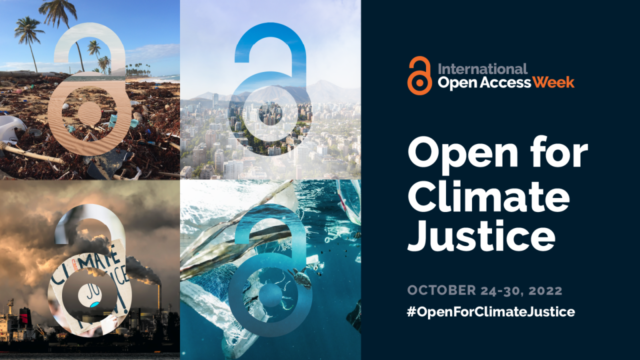Analysis & counterpoints
-

Open access to scholarly knowledge in the digital era (chapter 4.3): Digital humanities and print-centered communications
Print-centered scholarly communication prevents migration to more open digital modes.
-

Open access to scholarly knowledge in the digital era (chapter 4.2): Preserving the past for the future – Whose past? Everyone’s future
Challenging current values and power structures to create a more inclusive record of knowledge creation and preservation.
-

Open access to scholarly knowledge in the digital era (chapter 4.1): Libraries, museums, and archives as speculative knowledge infrastructure
From Afrofuturist thinking, five spectra for designing enabling knowledge infrastructure.
-

Open access to scholarly knowledge in the digital era (section 4): Archives and preservation
The fourth section of the series turns its focus to archives and preservation.
-

Open access to scholarly knowledge in the digital era (chapter 3.3): Libraries and their publics in the United States
Librarian and scholar Maura A. Smale argues that libraries should embrace open access for its transformative potential.
-

In the know: Chief Scientist plans free research access | 360info launched | national standard for sensors
In the know is a regular roundup of knowledge management (KM) items of interest.
-

International Open Access Week 2022: Open for Climate Justice
Tackling the climate crisis requires the rapid exchange of knowledge across geographic, economic, and disciplinary boundaries.
-

The US has ruled all taxpayer-funded research must be free to read. What’s the benefit of open access?
Lack of free access to research leads to discrimination, both in academia and for us all. This new guidance is…
-

In the know: KM4AgD Challenge, UKRI open access policy, Acume, Meet Libby
In the know is a regular roundup of knowledge management (KM) items of interest.

